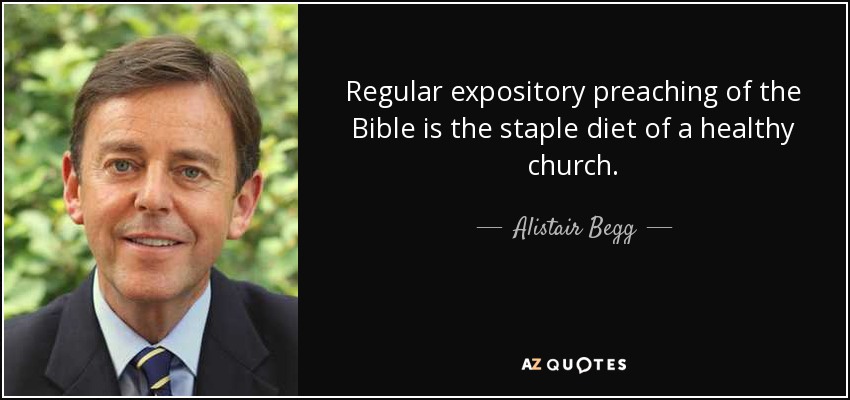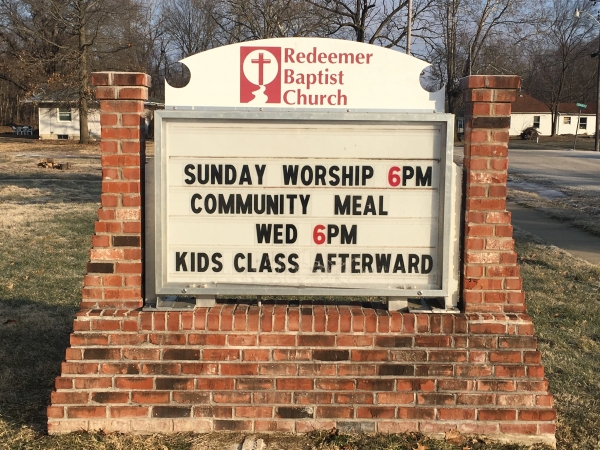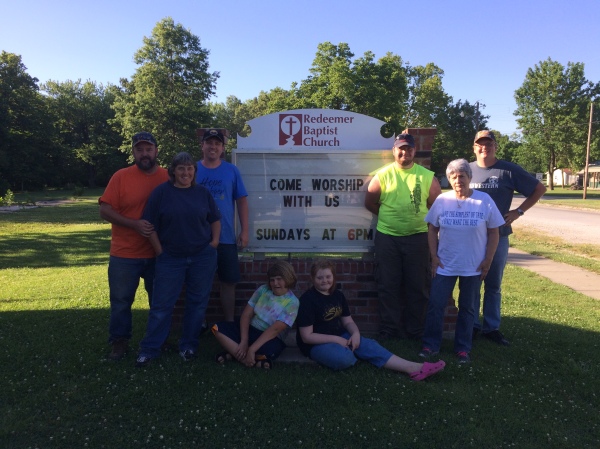This is a topic about which I do not believe I can be silent. From time to time as I have visited with people in Panama, I have been asked what I believed about this subject. And I think it’s right that people ask this question. I will also say, I have more to say about this topic than I can answer in one blog post. I mean, I could say it all in one post, but it would be really long, and I’ve found that longer posts are less likely to be read. so I will break up the answer into parts.
There has been so much change in our culture over the course of the last few decades, and it has happened at a breathtaking pace. These changes have come with the force of a cultural revolution, and Christians who are trying to be faithful to what the Bible teaches now find themselves often called out-of-date, or worse bigoted.
This is not really a question that is best answered with a simple yes or no; however, because people have become so tribal and polarized about the issue, I expect that many who read this post will not really care so much about how I get to the answer, but will dismiss me without hearing my argument because of where I end up. I will cut to the chase and tell you from the start where I end up, but I hope that you will take the time to hear me out with my reasons. I, Jerad, as the pastor of Redeemer Baptist Church, hold to the traditional Christian orthodox position–that homosexuality is sinful and not to be celebrated.
Now, for those of you who will hear me out and not close your mind and heart to the rest of what I have to say, please consider this line of reasoning.
I must admit at the outset that all of my argument will be based on the assumption that the Bible is God’s authoritative word. That in the Bible, God has spoken to human beings and has revealed to us the answers to the most important questions in life. What does it mean to be human? What is our greatest problem? Why is the world such a mess? What has God done about the mess the world is in? If you don’t accept that the Bible is God’s revelation of Himself to humanity, then I don’t expect you to buy any of my argument.
I have to start in the beginning. In the first chapter of the Bible, we read about the creation of human beings.
26 Then God said, “Let us make man in our image, after our likeness. And let them have dominion over the fish of the sea and over the birds of the heavens and over the livestock and over all the earth and over every creeping thing that creeps on the earth.” 27 So God created man in his own image, in the image of God he created him; male and female he created them. (Gen 1:26-27 ESV)
In this passage we see that God created human beings. This should not be taken lightly. If God truly did create human beings, then he has a right to tell us how we are to live. He has made us, and we owe him our allegiance and obedience. We also see in these verses that God created male and female in his own image. The Bible tells us that God created gender. It is a good gift of God. In the Biblical story we see that our gender comes from the creation of God.
We live in a culture that has been deeply affected by the philosophy of existentialism. In this philosophy people are encouraged not to be defined by anything or anyone other than their own free choices. Everyone wants to define themselves according to how they feel, but this goes against the fundamental starting place. We don’t own ourselves, and we are not free to define ourselves. We have been created by a good and loving God who has defined who we are for us, and we should rejoice in the goodness of His creation. Rather than something to resist or rage against, the fact that we are not our own should be something we find comfort in. This is what we find in the Heidelberg Catechism of 1563. The very first question asks: “What is your only comfort in life and in death?” and the answer is, “That I am not my own, but belong–body and soul, in life and in death–to my faithful Savior, Jesus Christ.”
We don’t have to go far from the first chapter and the Bible tells us what our greatest problem is, and why the world is so messed up. We reach in Genesis 3 that though God only gave the first human couple one command–not to eat of the tree in the midst of the garden–they disobeyed that one command. God had warned Adam and Eve that if they ate of this fruit they would die. While they did not immediately physically die, their death sentence was secure. They would each die, and so would each of their descendants because we have all inherited the same sin nature. This first sin that happened introduced death into the world along with a total corruption of human nature. And as an additional punishment, was proclaimed by God in a curse:
16 To the woman he said, “I will surely multiply your pain in childbearing; in pain you shall bring forth children. Your desire shall be for your husband, and he shall rule over you.” 17 And to Adam he said, “Because you have listened to the voice of your wife and have eaten of the tree of which I commanded you, ‘You shall not eat of it,’ cursed is the ground because of you; in pain you shall eat of it all the days of your life; 18 thorns and thistles it shall bring forth for you; and you shall eat the plants of the field. 19 By the sweat of your face you shall eat bread, till you return to the ground, for out of it you were taken; for you are dust, and to dust you shall return.” (Gen 3:16-19 ESV)
Notice, God brought pain to childbearing. Presumably, since they had already been given a command to “be fruitful and multiply,” childbearing was already a part of God’s original design, however, a woman’s physical suffering was introduced to what should have been a beautiful moment of celebration. Also, notice the later part of verse 16. The relationship between men and women was disrupted and distorted. Both men and women would find unique ways to sin against each other. Then we see that the ground was also cursed. Just as childbearing was a part of God’s original design, so was work. But no longer would the ground be cooperative. Instead, the ground would frustrate man by producing thorns and weeds. Man would now have painful toil as he works by the sweat of his brow.
Why is this relevant to the issue of homosexuality? Well, in the Fall, when sin and death was introduced into the world, all of creation was distorted from the original design. I believe this affected every part of human nature. It affects our bodies. It introduces pain and toil, disease and death. It also affects our relationships and our desires. The woman’s desire for her husband was distorted, and so was the man’s behavior toward his wife.
It has often been asked whether being gay is a choice or if you are born that way. Very often, especially in the past, many Christians have insisted that it is strictly a choice and that there is no possible way that a person could be “born this way.” I beg to differ. I don’t claim to know a definitive answer. In fact, I don’t know that it is even possible for science to find a gene that determines a person’s sexuality. However, if geneticists ever did find a link that could be proven beyond doubt, that would be no problem for Christian theology. From the texts we have looked at about the Fall of humanity, we see that sin corrupted human nature. It affects our bodies, our desires, and our relationships. I would say that it is very possible that a person could be born with a predisposition or an inclination to have attractions to the same sex.
The questions comes then, what does this mean? I will argue that those homosexual desires, even though not necessarily chosen, are a result of our Fallen nature. In no way does this mean that homosexuals are somehow deficient as human beings. The reason for that is we are all equally subject to the same distortion of our nature. For some people it may be a predisposition to drugs and alcohol, for others it may be promiscuous heterosexual sex, for others it may be pride or envy. Regardless of the sins we are tempted towards, we are all sinners, and we are all equally in need of God’s grace.
This is my first line of argument in answer to the question. I’m not sure when I’ll get around to it, but look for a part two where I will address more of the issues. Also, feel free to use the comment section to ask questions for clarification.



 The book of James says that the Bible is intended to be a mirror, and Hebrews treats the Bible as a blade sharp enough to do surgery on the soul. When believers come to hear the Word of God, we ought to come in humble submission. We ought to come with an attitude ready to see our faults in the mirror and be ready to change, or to submit our soul to the knife of God to cut out sinful attitudes and actions that remain in us even though we believe. However, sometimes we come to the Scriptures with the wrong attitudes. What do I mean? If we come to the Scripture to hear a condemnation of “those people out there,” we are not drawing near to hear from God for ourselves. Instead, we sit in self-righteousness waiting for the Bible to confirm what we already believe.
The book of James says that the Bible is intended to be a mirror, and Hebrews treats the Bible as a blade sharp enough to do surgery on the soul. When believers come to hear the Word of God, we ought to come in humble submission. We ought to come with an attitude ready to see our faults in the mirror and be ready to change, or to submit our soul to the knife of God to cut out sinful attitudes and actions that remain in us even though we believe. However, sometimes we come to the Scriptures with the wrong attitudes. What do I mean? If we come to the Scripture to hear a condemnation of “those people out there,” we are not drawing near to hear from God for ourselves. Instead, we sit in self-righteousness waiting for the Bible to confirm what we already believe.


